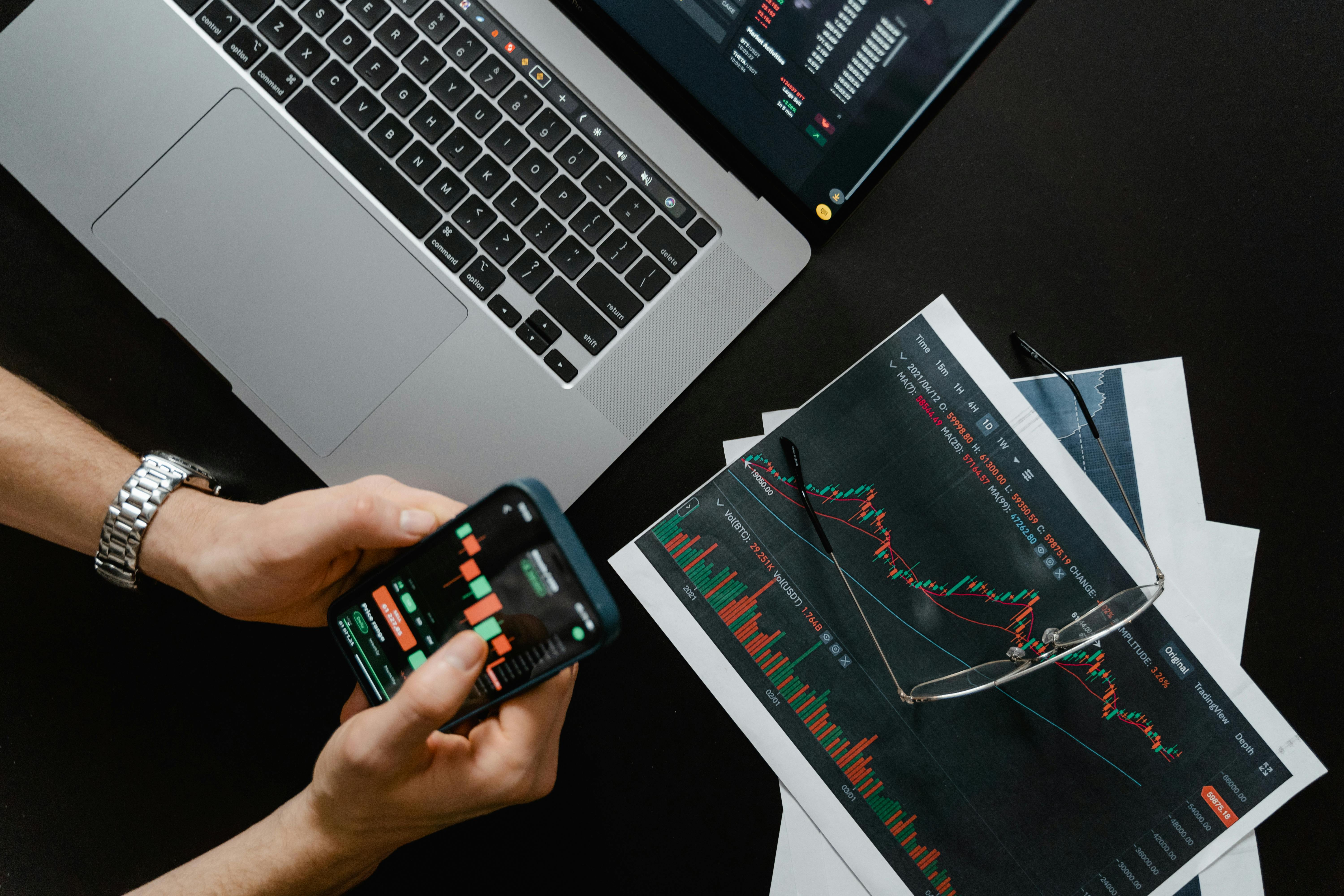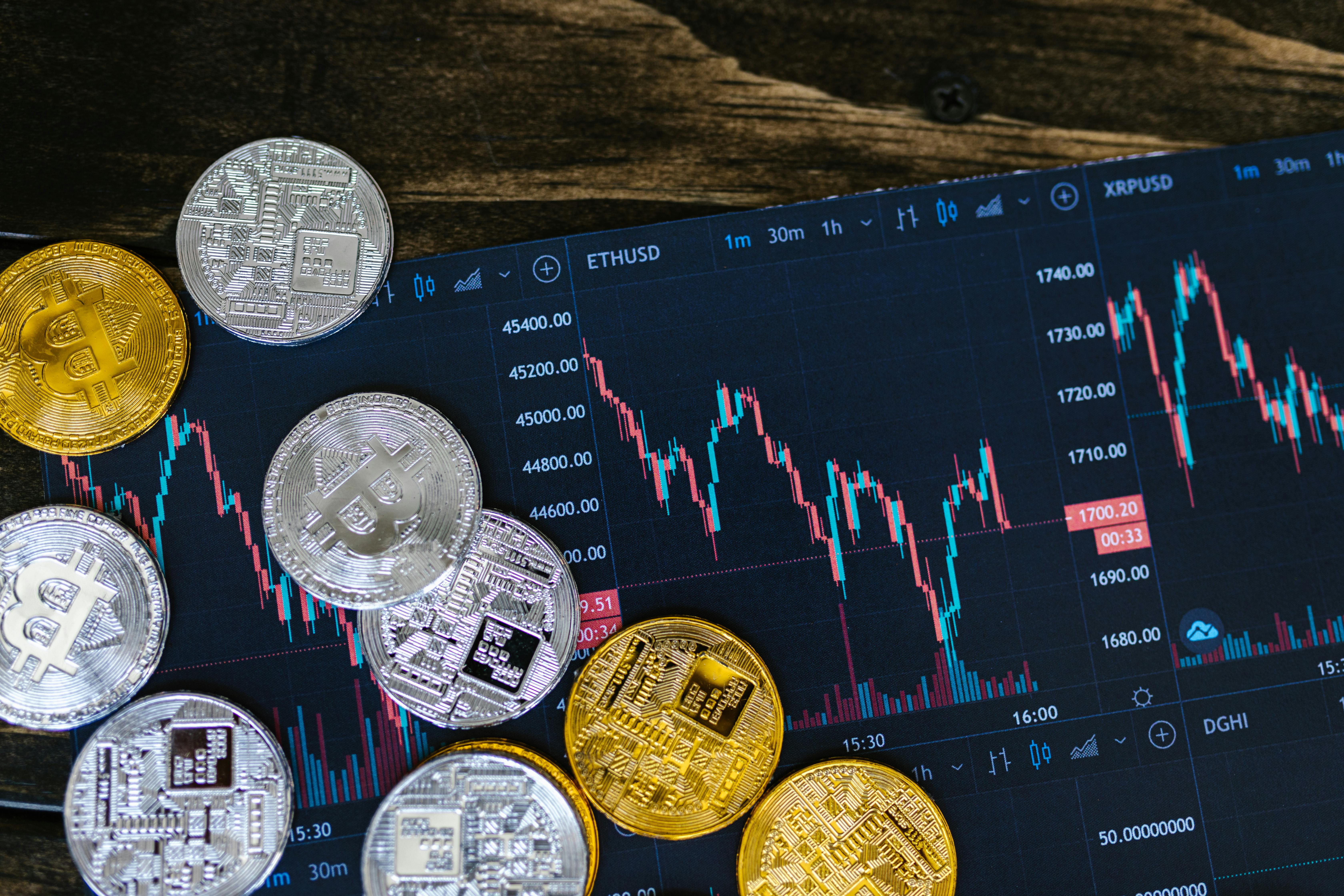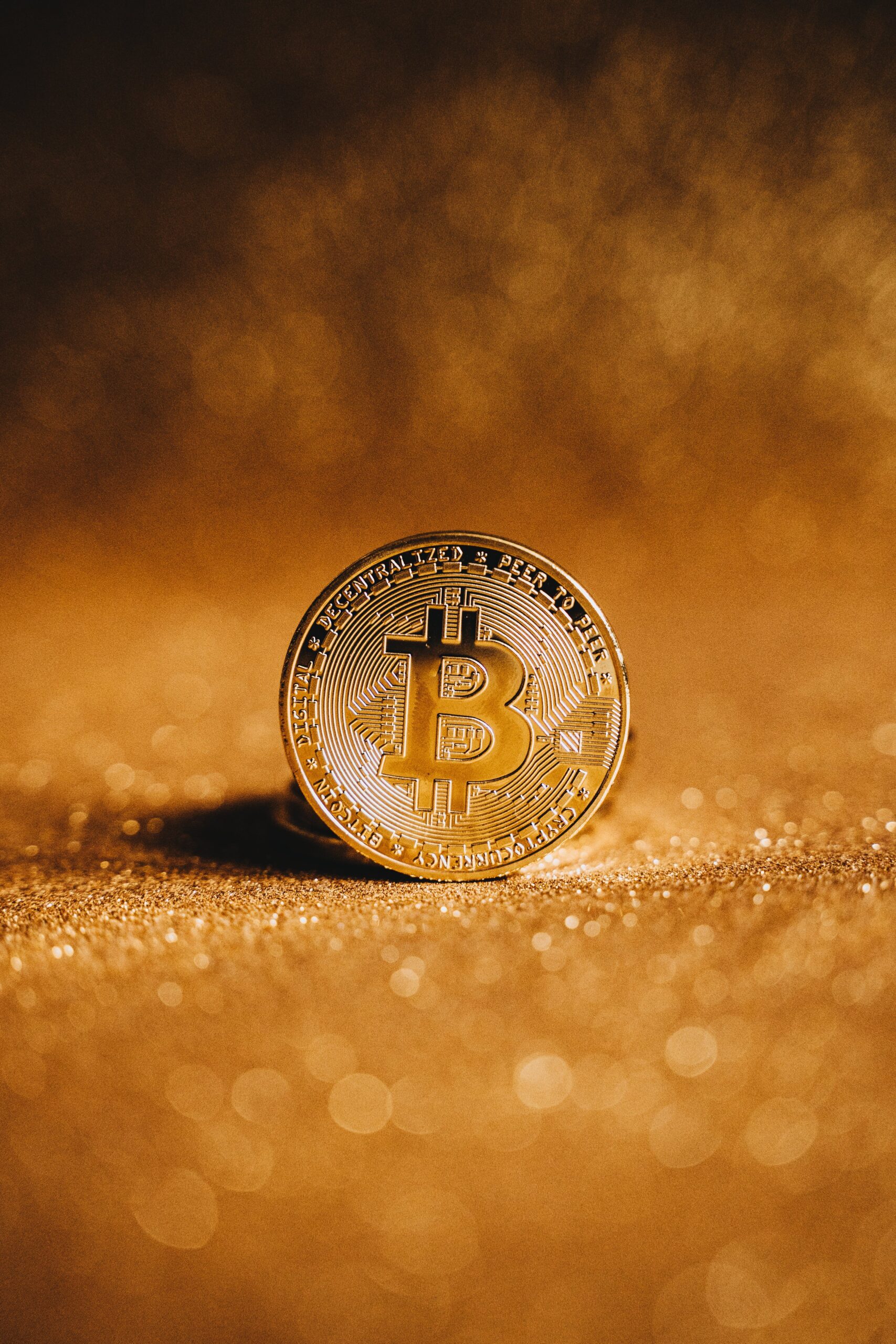Do you ever find yourself trying to predict the outcome of events, whether it’s the next election, the success of a new product, or the future price of a cryptocurrency? If so, you’ll be intrigued to learn about the growing phenomenon of decentralized prediction markets. These innovative platforms are revolutionizing the way predictions are made, empowering individuals like you to engage in forecasting and even profit from accurate predictions. By eliminating intermediaries and relying on blockchain technology, decentralized prediction markets offer a transparent and reliable way to tap into the collective knowledge and wisdom of the crowd. Join the conversation and discover how you can become a part of this exciting movement.
What are Decentralized Prediction Markets?
Definition
Decentralized prediction markets are platforms that allow individuals to bet on the outcome of future events. These markets operate on a decentralized network, utilizing blockchain technology to ensure transparency, security, and fairness. Unlike traditional betting platforms, decentralized prediction markets eliminate the need for intermediaries, enabling participants to directly interact and make predictions.
How do They Work?
Decentralized prediction markets operate through smart contracts, which are self-executing contracts with the terms of the agreement directly written into the code. Users can buy or sell prediction tokens representing the likelihood of a specific event occurring. These prediction tokens can be traded on the market, and their prices fluctuate based on the collective predictions of the participants.
When the outcome of an event is determined, the smart contract automatically distributes rewards to those who accurately predicted the outcome. This process eliminates the need for a centralized authority to oversee the settlement of bets, making the system more efficient and trustworthy.
Benefits of Decentralization
One of the main benefits of decentralized prediction markets is the removal of a central authority. Traditional prediction markets are often subject to biases, manipulation, and censorship, as a central entity controls the operation. In contrast, decentralized prediction markets empower individuals, ensuring equal opportunities for participation and unbiased outcomes.
Additionally, decentralized prediction markets provide global accessibility. By utilizing blockchain technology, these platforms allow anyone with an internet connection to participate, regardless of geographical location or financial status. This increased inclusivity leads to a more diverse range of opinions and predictions, enhancing the accuracy and reliability of the market.
Decentralized Prediction Market Platforms
Platform A
Platform A is one of the leading decentralized prediction market platforms in the market. It offers a user-friendly interface, making it easy for participants to navigate and place their predictions. The platform utilizes advanced consensus algorithms to ensure the integrity and security of the predictions, providing users with a reliable and transparent betting experience.
Platform B
Platform B focuses on integrating decentralized prediction markets with other DeFi (Decentralized Finance) protocols. This integration allows users to leverage their prediction tokens for additional financial opportunities, such as liquidity mining or lending. Platform B aims to create a comprehensive ecosystem where users can maximize their returns by actively participating in prediction markets.
Platform C
Platform C sets itself apart by implementing decentralized governance mechanisms. In addition to prediction markets, the platform facilitates transparent decision making by allowing participants to vote on various platform proposals. This decentralized governance structure ensures that the platform evolves according to the collective will of its users, enhancing trust and inclusivity.

Challenges and Limitations
Regulatory Hurdles
One of the significant challenges faced by decentralized prediction markets is regulatory hurdles. As these markets involve financial transactions and potentially fall under the category of gambling, they are subject to varying legal frameworks across different jurisdictions. Navigating these regulations and ensuring compliance can be a complex and time-consuming process for decentralized prediction market platforms.
Liquidity Issues
Ensuring sufficient liquidity within decentralized prediction markets is another challenge. Without enough participants actively trading prediction tokens, the market can become illiquid, reducing the accuracy and efficiency of predictions. Encouraging widespread adoption and incentivizing market participation is crucial for overcoming liquidity issues.
Manipulation and Corruption
While decentralized prediction markets strive for fairness and transparency, they are not completely immune to manipulation and corruption. Bad actors may attempt to manipulate the predictions or collude to influence the outcome of events. Implementing robust mechanisms to detect and address such fraudulent activities is essential to maintain the integrity of decentralized prediction markets.
Use Cases
Financial Markets
Decentralized prediction markets have significant potential in the realm of financial markets. Participants can bet on the future performance of stocks, currencies, or commodities, enabling them to hedge their investments or speculate on market trends. The predictions derived from these markets can provide valuable insights to traders and investors, augmenting their decision-making process.
Sports Betting
Sports betting is a popular use case for decentralized prediction markets. Enthusiastic fans can wager on the outcome of various sporting events, ranging from soccer matches to basketball games. By decentralizing the betting process, participants have more control over their bets and can avoid the limitations and restrictions imposed by centralized sports betting platforms.
Election Predictions
Decentralized prediction markets have the potential to revolutionize election predictions. By allowing individuals to bet on the outcome of political races, these markets aggregate the knowledge and insights of a diverse participant base. The accuracy of these predictions can serve as a valuable tool for political analysts, pollsters, and even voters seeking objective information about election outcomes.

The Wisdom of Crowds
Collective Intelligence
The wisdom of crowds concept is at the core of decentralized prediction markets. It suggests that a large and diverse group of individuals can collectively make more accurate predictions than individual experts. By aggregating the knowledge and opinions of the participants, decentralized prediction markets harness the collective intelligence to generate more reliable predictions.
Accuracy of Predictions
Research has shown that decentralized prediction markets tend to yield accurate predictions. The diversity of participants, coupled with the economic incentives to make correct predictions, results in a wisdom-of-crowds effect that outperforms individual experts or traditional polling methods. This enhanced accuracy makes decentralized prediction markets a valuable tool in decision-making processes.
Aggregating Information
Decentralized prediction markets have the unique ability to aggregate dispersed information. Participants with specialized knowledge or access to exclusive data can contribute their insights, enriching the overall pool of information. By effectively aggregating this information, decentralized prediction markets provide a more comprehensive and nuanced view of future events.
Smart Contracts and Oracles
Role of Smart Contracts
Smart contracts play a fundamental role in the functioning of decentralized prediction markets. They handle the creation and trading of prediction tokens, ensure the fairness of bets, and facilitate the automatic distribution of rewards. Through the use of immutable code, smart contracts eliminate the need for intermediaries and provide participants with a reliable and transparent betting experience.
Data Feeds and Oracles
To determine the outcome of events, decentralized prediction markets rely on accurate and timely data feeds. Oracles serve as the bridge between the blockchain and the real world, providing the necessary data to settle bets. These oracles fetch data from reliable sources and feed it into the smart contracts, ensuring the accuracy and integrity of the prediction market outcomes.
Verification and Resolution
Verifying the outcome of events and resolving disputes is a crucial aspect of decentralized prediction markets. When multiple oracles provide conflicting data or disputes arise, consensus mechanisms are employed to determine the final outcome. This decentralized resolution process ensures fairness and prevents any single entity from having undue influence over the results.

Decentralized Governance
Transparent Decision Making
Decentralized prediction markets embrace transparency in their decision-making processes. By utilizing decentralized governance mechanisms, such as token-based voting systems, participants have a voice in shaping the future of the platform. This transparency enhances trust and fosters a sense of community ownership, as decisions are made collectively and openly.
Voting Mechanisms
Decentralized prediction markets employ various voting mechanisms to ensure inclusive decision-making. Token holders can vote on platform upgrades, listing new prediction markets, and modifying platform rules. By evenly distributing voting power among participants based on their token holdings, decentralized governance mechanisms prevent concentration of power and facilitate democratic decision-making.
Incentive Structures
To incentivize active participation and governance, decentralized prediction markets often incorporate reward mechanisms. Token holders who actively participate in voting or contribute positively to the platform’s growth may receive rewards in the form of additional tokens or staking rewards. These incentive structures encourage users to engage with the platform and contribute to its long-term success.
Decentralized Prediction Markets vs Traditional Betting Platforms
Control and Ownership
Decentralized prediction markets provide users with greater control and ownership over their predictions and funds. Unlike traditional betting platforms, which retain custody of user funds, decentralized prediction markets allow participants to maintain full control of their assets, eliminating the risk of funds being mismanaged or lost due to third-party failures.
Censorship Resistance
Another advantage of decentralized prediction markets is their resistance to censorship. Traditional betting platforms may be subject to external pressures or regulatory interference, leading to limitations on certain bets or restrictions on user participation. Decentralized prediction markets, operating on a blockchain, are censorship-resistant, ensuring that participants can freely engage in betting without interference.
Trust and Security
Decentralized prediction markets offer improved trust and security compared to traditional betting platforms. By utilizing blockchain technology, these markets establish transparency and immutability, ensuring that all transactions and outcomes are visible and tamper-proof. This transparency enhances trust among participants, knowing that the system is fair and their bets are secure.

Decentralized Prediction Markets in the Future
Integration with DeFi
The integration of decentralized prediction markets with other DeFi protocols is an area of potential growth. By leveraging the interoperability of blockchain networks, prediction markets can collaborate with lending platforms, decentralized exchanges, or yield farming protocols. This integration would unlock additional financial opportunities for participants, further incentivizing their engagement with prediction markets.
Improved User Experience
As decentralized prediction markets continue to evolve, improving the user experience will be a top priority. Enhancements in user interfaces, mobile accessibility, and overall platform design will make participating in prediction markets more intuitive and seamless. By prioritizing user experience, these platforms can attract a larger user base and promote widespread adoption.
Global Adoption
The ultimate goal for decentralized prediction markets is global adoption. By breaking down geographical barriers and providing equal opportunities to participants worldwide, these markets have the potential to revolutionize how predictions are made and utilized. The continued development and promotion of decentralized prediction markets will contribute to their widespread acceptance and usage.
Conclusion
Decentralized prediction markets offer a transparent, fair, and inclusive platform for individuals to engage in predictive betting. By leveraging blockchain technology, these markets eliminate the need for intermediaries, ensuring efficiency, security, and trust. With their ability to aggregate information, accurately predict outcomes, and empower users through decentralized governance, prediction markets have the potential to reshape various industries and enhance decision-making processes. As regulatory hurdles are overcome and these markets continue to mature, decentralized prediction markets are poised for a bright future, integrating with DeFi, improving the user experience, and achieving global adoption.

